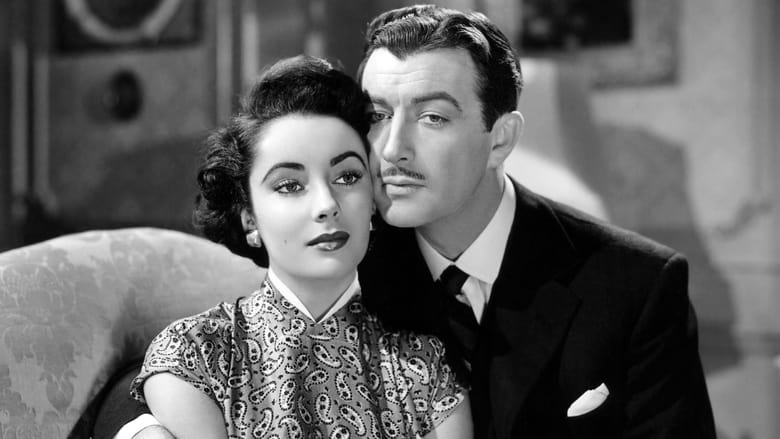
Arthur Hornblow Jr. produces this American-British co production with all the trappings of Hollywood prestige that he brought to his earlier screwball comedies. Hornblow Jr.’s films always tend to be rather romantic and Conspirator (1949) is no different. This is a rather interesting anti-communist film from the early post-war era made by MGM. The talent that brought this film to the screen is probably the most remarkable aspect of this film. Just for starters, this is the first film to star Robert Taylor and Elizabeth Taylor who would go on to helm MGM’s epic Ivanhoe (1952). They aren’t one of the silver screen’s most legendary couplings, but they do have a magnetic chemistry despite the twenty year age difference.
Sally Benson is definitely the one responsible for making Conspirator a notch above the standard anti-communist propaganda that Hollywood had begun to churn out. Benson is probably best known for writing the stories that form the basis for Arthur Freed’s production of Meet Me In St. Louis (1944). She brings a Gothic flavor to Conspirator as well as some distinctly feminine touches. Particularly in the first half of Conspirator the film feels like a romantic coming of age drama where the female perspective is front and center. As Elizabeth Taylor gradually uncovers the truth about her husband Robert Taylor, then things begin to move more into Gothic territory. Even then, in the film’s second half, Benson manages to make Conspirator as much a film about a woman’s anxieties regarding marriage as it is about espionage.
Victor Saville directs Benson’s script with a competent flair for melodrama, but cinematographically there isn’t much that’s incredible here. The most visually striking moment in Conspirator comes in the third act when Robert Taylor contemplates murdering Elizabeth Taylor while on a duck hunt with a handful of his regimental buddies. This sequence is shot almost entirely in silhouette and has a noir flavor. The cross cutting from detail to detail builds an effective tension that is aided by the stark black and white cinematography.
I’d highly recommend this film to any fan of either of the Taylors. There will also be plenty of interest to anyone curious about women working in the studio system. Like I said before, Sally Benson really left her mark on this film and it is worth seeing for what she brings to this material.
